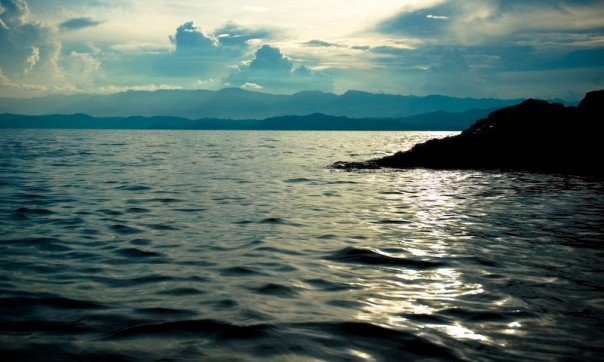Converting danger into energy: Rwanda to divert lake's lethal gases to power plant


Some 2 million people around Africa's mile-high Lake Kivu could face grave consequences if trapped volcanic gases rise to the surface. To avert danger, the Rwandan government has launched a grand engineering scheme to suck up explosive methane from depths of 1,000 feet and pipe it to a nearby power plant.
Supporters say the KivuWatt project could double the country's electricity production and reduce its dependence on imported diesel fuel which currently powers nearly all of its electricity according to a feature story on the BBC website.
The 1,040-square mile Lake Kivu is one of the African Great Lakes in the Rift Valley. It sits in a volcanic area between Rwanda and the Democratic Republic of Congo, where CO2 emerges from the bottom and, along with methane that forms from it, remains undisturbed and dissolved under the pressure of 1,000 feet of water, the story notes.
But an earthquake or a lava flow could loosen the trap and catastrophically release the gases, as happened in Cameroon in 1986, when a deadly cloud of CO2 from Lake Nyos asphyxiated over 1,000 people. In addition, the methane could explode under certain conditions when it hits the air. Lava from the nearby Nyiragongo volcano flowed into Lake Kivu in 2002.
So 8 miles offshore, Rwanda and New York City based energy engineering company ContourGlobal will drop four huge straws - risers - over 1,100 feet down to pull up the CO2 and methane. It will pipe the methane to a new power plant, and return the CO2 to the lake as storage. ContourGlobal is currently loading a barge in preparation for the project.
By removing the methane from the mix, the process relieves pressure and reduces the chances of a release, ContourGlobal's Bill Barry told the BBC.
Australian energy consulting firm Sinclair Knight Merz has warned that if KivuWatt is not carefully operated, it could itself cause an explosion or gas release from the lake.
Rwandan government engineer Augusta Umutoni told the BBC she rejected that risk. But she worries the project could alter the lake's chemistry, turning it more acidic and giving rise to algae, which itself could be catastrophic for fish life and for the 2 million people who rely on the fish for food and their livelihood.
In order to monitor that possibility, the project will start with a small pilot stage producing electricity from methane next year. A successful project would keep a healthy fish population and would also deliver electricity for the first time to the homes of many villagers.
More hot and bubbling earth on SmartPlanet:
- North Dakota's other (smaller) energy boom
- DOE, Google invest in volcano power
- Rock Star: British geologist scores fund for geothermal power
- Google project maps U.S. geothermal energy potential
- Iceland cometh
- India and Iceland: The lion and the mouse
This post was originally published on Smartplanet.com